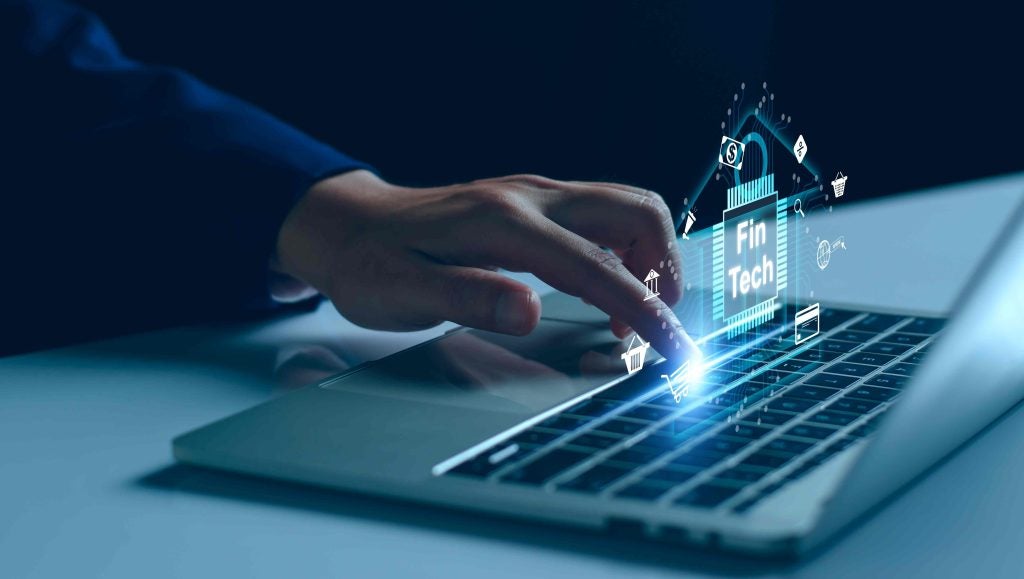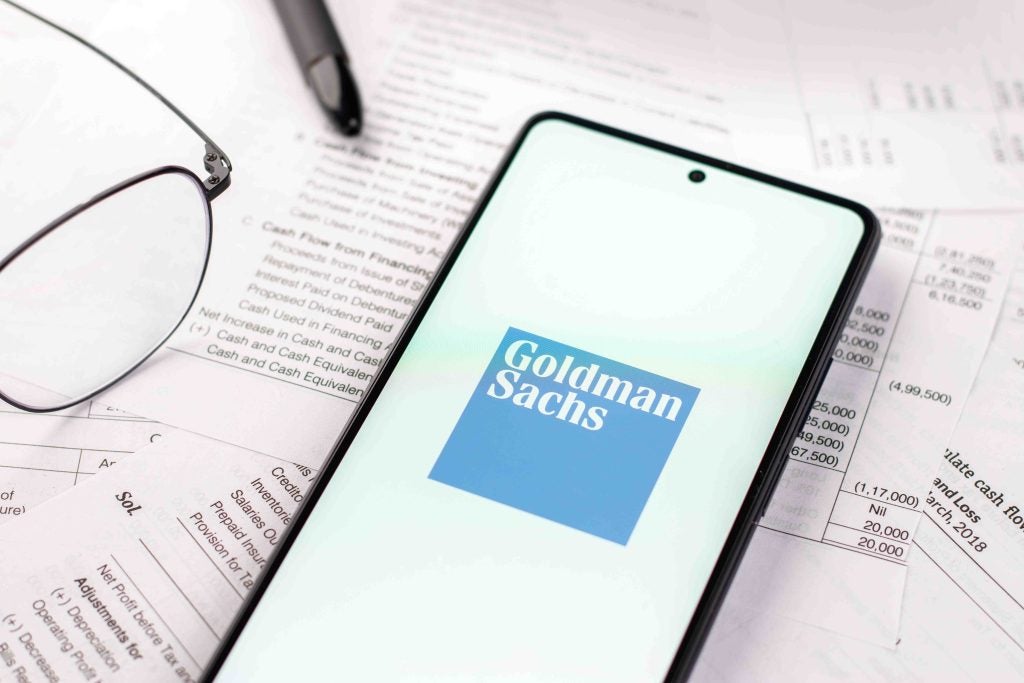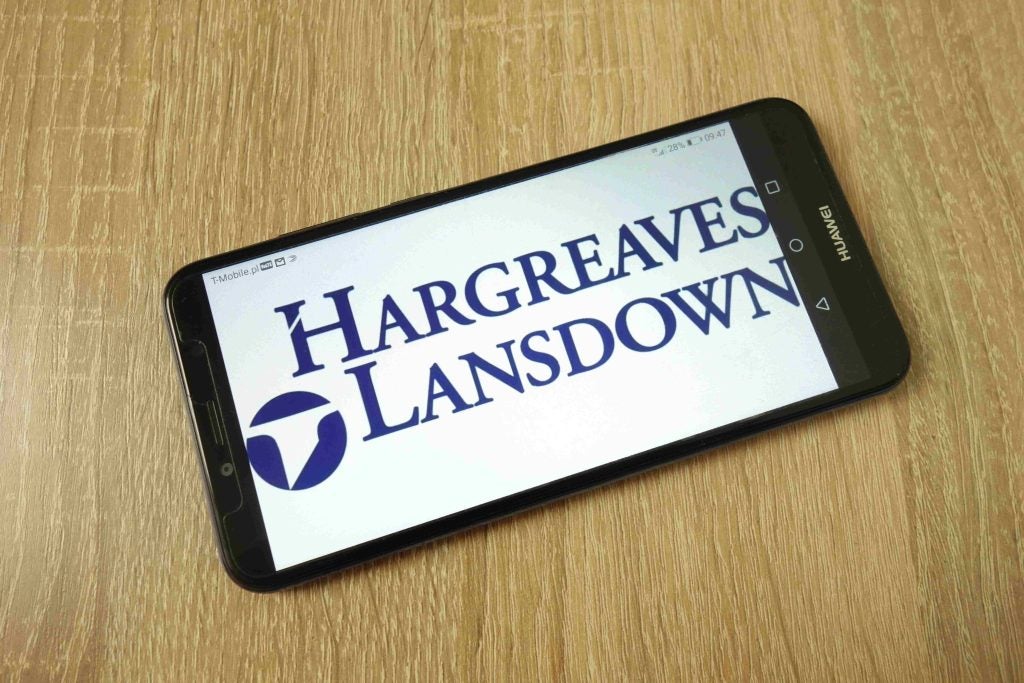Complex and cumbersome authentication processes can often be a burden for private banking clients when speaking to an advisor, with the requirement for multiple pass-codes or PINs. Voice biometrics offers a way to take some friction out of the equation. John Schaffer explores how and why the wealth management sector is embracing this technology
The usage of biometrics is certainly becoming more commonplace, from iris recognition at airport passport controls to Apple’s fingerprint authentication for its new Apple Pay mobile payments service. Biometrics is an attractive proposition in terms of security, as the data provided is completely unique to the individual and the need to remember a PIN or complex passwords is foregone, thus presenting advantages for both clients and businesses.
Voice biometrics provides a platform for authenticating customers over the phone without a tirade of security questions. The technology has been attractive for the financial services sector, with banks such as UK’s Barclays Wealth and Investment Management and South Africa-headquartered Investec adopting the technology in the wealth management space. Pennsylvania-based mutual fund manager, Vanguard Group, is also among the many firms using voice biometrics.
On the retail banking side, the list of lenders using voice biometrics is long, from ING in the Netherlands to Garanti Bank in Turkey to Santander in Mexico, to mention a few.
Massachusetts-headquartered software company Nuance provides voice biometrics authentication systems for a variety of companies, ranging from telecommunications to financial services. It’s also the organisation behind Apple’s Siri technology. The first private bank to adopt Nuance’s voice biometrics technology was Barclays W&IM in 2013, and has reported high levels of customer satisfaction with regards to the solution ever since. Investec rolled out the service in February 2015.
Nuance’s "FreeSpeech" technology, that has been adopted by private banks, analyses the client’s voice consistently throughout the call, rather than requiring a password or phrase.
How well do you really know your competitors?
Access the most comprehensive Company Profiles on the market, powered by GlobalData. Save hours of research. Gain competitive edge.

Thank you!
Your download email will arrive shortly
Not ready to buy yet? Download a free sample
We are confident about the unique quality of our Company Profiles. However, we want you to make the most beneficial decision for your business, so we offer a free sample that you can download by submitting the below form
By GlobalDataAccording to Seb Reeve, director of product management at Nuance, authentication using Freespeech takes approximately eight to ten seconds. Reeve tells PBI:
"Quite early in the conversation we can make an accurate assertion as to whether or not it’s that person, and that’s a continual process. As the conversation progresses, we can start to really define the identity and signal that information to the person inside the bank."
Reeve adds that the banker is given a signal on his or her desktop in a traffic light system format, where a red light signifies a poor match with the voice print and encourages the advisor to ask questions to challenge the client’s identity. Conversely, a green light signifies that the client is a good match and the interaction can continue without further friction.
According to Ant Allan, research vice president at Gartner, the initial investment for banks to implement a voice biometrics system may be high but a secure system could offset many of the costs associated with clients calling in to change their passwords or report security breaches. He suggests that a robust biometrics system could mitigate some of the phishing attacks that are associated with knowledge-based systems such as PINs.
Voice biometrics comes as a growing move towards progressive security, where the stringency of authentication levels is tailored to the risk level of the interaction or transaction. For instance, a balance enquiry would come under far less scrutiny than the transfer of an unusual sum of money.
Reeve tells PBI : "It’s really part of a whole security solution and not necessarily used as a standalone solution. It’s complementary from a usability standpoint because a lot of the transactions occurring with most banks are actually not high risk."
Institutions that are using Nuance’s technology can tune how tight the security measures are for acceptance of a voice. Reeve says: "You can actually make the system much more or less aggressive. Banks tend to take a very aggressive stance in comparison to a telecommunications carrier, for example."
Craig West, UK banking head at Investec, feels that the potential user experience advantages of authentication through voice are particularly attractive to private banking clients who represent a "particularly time-hungry client base".
Investec has rolled out voice biometrics capabilities for South Africa, as well as its internationally serviced regions such as the UK and Mauritius. Investec has its telephone call centre based in South Africa where all incoming calls are handled, irrespective of geography.
West tells PBI that reception from wealthy clients to the voice biometrics capability has been largely positive.
"I’ve seen some clients who were originally a bit sceptical. It’s not that they were against it, but they hadn’t really understood it and wanted more details. We’ve had discussions with them and they’ve gone ahead with it, and we’ve seen them enjoy the technology," he says.
West adds that clients are able to access all of Investec’s services over the phone.
"We may, depending on the nature of the transaction, put some upper limits on what we’re prepared to do over the phone and require extra security or verification. But for the most part, clients that are calling us have access to a full suite of services."
A concern that comes to mind around a voice-based authentication system is whether an impostor could record a voice and hack into an account. However Allan suggests that a properly implemented voice biometrics system can be extremely secure, as long as the technology tests properly for "liveness".
"It’s about making the system harder for an attacker by incorporating things that are indicators of liveness, indicating that the real biometric subject is actually presenting that sample in real time.
"With Nuance’s system, you need interaction with the operator and you can’t fake that with a recording, not easily anyway," Allan tells PBI.
Another potential shortfall of using the medium is the occasional difficulty to authenticate a client if there is an excess of unwanted noise. Reeve says:
"Clearly acoustic effects – very noisy traffic in the street or a heavy cold for example from the user – would potentially lower the matching score. The system would then be more likely to rebuff you, and you would fall back to answering security questions."
Gartner’s Allan suggest that although voice biometrics may "not be the most secure biometrics system", it is currently more feasible, as clients only need access to a phone, and it doesn’t require the same hardware as fingerprint recognition does – such as a scanner – that only a small group of clients own.
However, Allan adds that lenders, particularly private banks, will adopt a variety of biometrics systems in the future, including face and fingerprint recognition, alongside voice.







